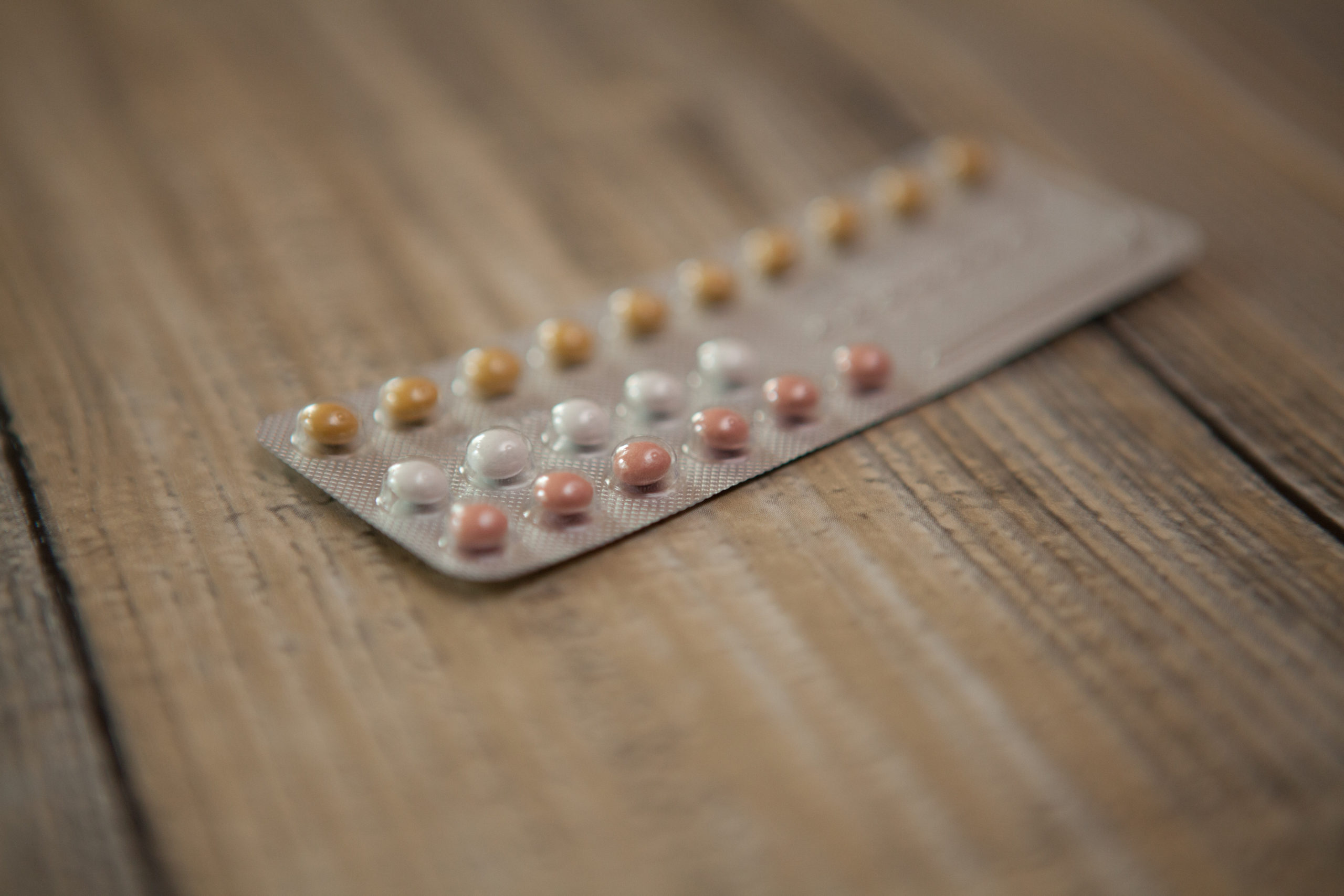
What are Natural Human Hormones, and why are they important?
There is a world of information out there about synthetic and human hormones and a great amount of conflict on what, if any, should be used. As we mature there are many changes that affect us including the slowing of our own hormone production.
This month I would like to address just the first part of natural hormones and their role in our lives. We will start with the hormones that are typically used for females and in the next article we will talk about our men.
Hormones, in the grand scheme of things, run everything in our lives. Like all things in life that must be balanced, hormones must also be balanced in order to keep us in optimum working order. Let’s take a look at the major players in our arsenal of hormones to see what roles they may play in our lives.
Estrogen is a medication class name. There is no hormone named estrogen and all total there are about 20-30 estrogens of which we know.
There are three human-identical estrogens available in our systems.
The first of these is estrone (E1). Estrone can also be produced in excessive fat or adipose tissue in the human body, and in an over-weight individual can create problems. Estrone is the only human estrogen that binds to the estrogen receptor alpha (ERa) only. The reason this is important? When estrone binds to ERa, there can be initiation of wayward or abnormal cells in the breast and cervical tissue. Even estrogens used in meat, when given to children, can cause an earlier maturing, especially in females, and can encourage early cycles and breast development. Typically, high estrone levels are not beneficial to most humans although natural.
Estradiol (E2) is the strongest of the three natural human estrogens and binds equally to Estrogen Receptor alpha (ERa) and Estrogen receptor beta (ERb) sites. In usage with estrogen supplements, we prefer to use E2 in combination with Estriol (E3) to benefit from the best of both worlds with a lower dose product.
Estriol (E3) may be the weakest estrogen but because it only binds with the ERb receptor site. It acts almost like an anti-estrogen similar to the activity of tamoxifen. When combined with E2 in Biestrogen products, we find that one gets great benefits of estradiol with the protection of estriol and we can use a lower dose as well.
Progesterone is extremely important in the health of both females and males as well. This hormone is produced in the ovaries in females and the testes of males. It can also be produced in the adrenal glands and is produced from the cholesterol that we have in our bodies. Our bodies contain receptors for progesterone in essentially every tissue in the body from nerves, breast, ovaries, uterus, brain cells, thyroid cells, fat and muscle cells. It is the most protective hormone that the body makes, not just the hormone of pregnancy. As we age, our body’s enzymes decrease (these enzymes metabolize the cholesterol into productive hormones) and our supply of progesterone can wane. As symptoms of progesterone loss appears, we usually notice an increase in our total cholesterol.
Supplemental progesterone is structurally exact to the body’s product, not a progestin, which is synthetic and not utilized properly by the human system.
Progesterone can do so many things. It helps the thymus gland, the thyroid gland, and helps use fat for energy, improves memory, acts like a natural antidepressant, improves the efficiency of the heart, is necessary for fertility and maintains a healthy pregnancy. It can also help restore libido as well as normalizes blood clotting, reverses osteoporosis and stimulates new bone formation. Furthermore, progesterone protects against breast fibroid cysts, breast cancer, cancer of the uterus and ovaries. Additionally, it protects against insomnia, irritability, loss of hair, night sweats, mood swings (PMS), muscular aches and pains, headaches, vaginal dryness, uterine fibroids, and water retention. With so many benefits, it’s no wonder why it is important.
Unfortunately, if you are a female who has had a hysterectomy, a few physicians will tell you that you don’t need progesterone, but Dr. John Lee, from the West Coast, disagrees and has even been quoted as saying that we should put it in the water.
